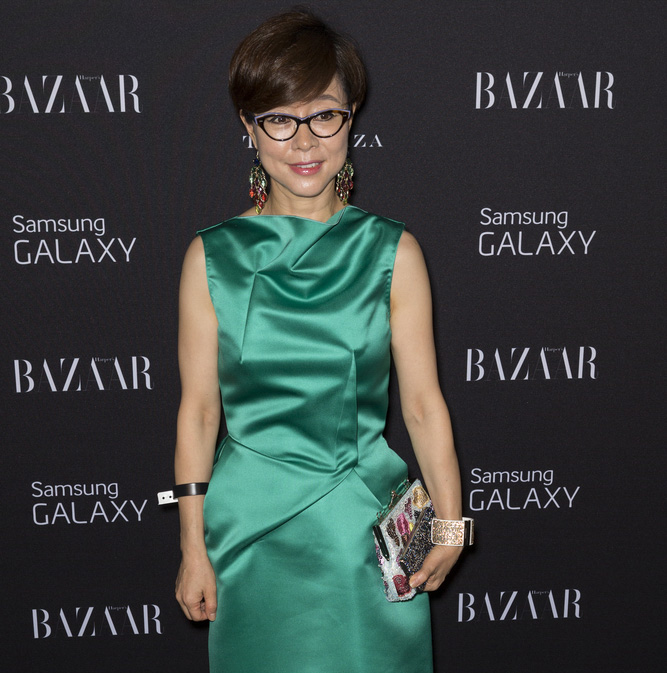Celebrating Influential Women Writers Who Shaped Literary History
This article celebrates the legacy of influential women writers who have profoundly impacted literature. From Toni Morrison’s powerful social commentary to Virginia Woolf's modernist innovations, explore the remarkable stories of women authors who broke barriers and inspired generations. Their contributions continue to shape cultural narratives, inspire change, and highlight the importance of women’s voices. Dive into their inspiring journeys, groundbreaking works, and enduring influence on literature worldwide.

Throughout human history, women writers have played a vital role in shaping the world of literature, enriching our cultural landscape with their extraordinary storytelling, poetic excellence, and insightful essays. Despite facing significant gender-based barriers and disparities in recognition, many women authors have persevered and achieved legendary status. Their works continue to inspire readers, provoke thought, and influence new generations of writers and thinkers.
In recent years, movements like #ReadWomen have brought increased awareness to the importance of amplifying women's voices in literature. These initiatives emphasize the valuable contributions women have made across different genres and time periods. From passionate poets and novelists to groundbreaking playwrights and essayists, women have challenged societal norms and enriched the literary canon in profound ways.
Let's explore in detail seven remarkable women authors whose exceptional talents, groundbreaking works, and unique perspectives have left an indelible mark on literary history. Their stories not only entertain but also serve as sources of inspiration, empowerment, and social change.
Toni Morrison: An iconic figure in American literature, Toni Morrison was a prolific author, essayist, and Nobel laureate celebrated for her unflinching exploration of Black identity and female experiences. Her novels, including "Beloved" and "The Bluest Eye," combine lyrical prose with profound social commentary, tackling issues like racial trauma, memory, and resilience. Morrison’s storytelling elevates marginalized voices and remains profoundly relevant in contemporary discourse.
Virginia Woolf: A pioneering modernist novelist and essayist, Virginia Woolf revolutionized narrative structure with her innovative stream-of-consciousness technique. Works like "Mrs. Dalloway" and "To the Lighthouse" delve into the complexities of human consciousness, perception, and identity. Woolf's profound insights into the nature of reality and time have made her a central figure in 20th-century literature, inspiring countless writers to explore new narrative possibilities.
Harper Lee: Best known for her landmark novel "To Kill a Mockingbird," Harper Lee’s storytelling captured the moral dilemmas and social injustices of the American South. Her compelling characters and honest portrayal of themes like racial prejudice, justice, and innocence earned her the Pulitzer Prize and global recognition. Lee’s work remains a cornerstone of American literature and continues to inspire social justice movements and discussions about equality.
Jane Austen: An enduring literary icon, Jane Austen crafted timeless novels such as "Pride and Prejudice," "Sense and Sensibility," and "Emma." Her keen social commentary vividly depicts 19th-century English society, emphasizing themes of love, marriage, class, and morality. Austen’s sharp wit, realistic characters, and insightful critiques of societal norms continue to resonate with readers worldwide, influencing generations of writers and readers alike.
Maya Angelou: A celebrated poet, memoirist, and civil rights activist, Maya Angelou’s literary works broke barriers and inspired millions. Her autobiography "I Know Why the Caged Bird Sings" exposed the raw truth of racial and gender struggles, advocating for dignity, resilience, and hope. Angelou’s poetic voice, characterized by rhythm, honesty, and empowerment, continues to uplift marginalized communities and champion social justice through her art.
J.K. Rowling: As the creator of the wildly popular Harry Potter universe, J.K. Rowling transformed children's literature and fantasy genre. Her stories of magic, friendship, bravery, and perseverance have captivated readers of all ages worldwide, creating a global cultural phenomenon. Rowling’s work emphasizes the importance of love, loyalty, and courage, inspiring countless young readers and writers to believe in their potential.
Agatha Christie: Often hailed as the Queen of Crime, Agatha Christie authored over 70 detective novels and numerous short stories that established the mystery genre. Her ingenious plots, memorable characters like Hercule Poirot and Miss Marple, and masterful use of misdirection made her one of the best-selling authors in history. Christie’s stories continue to intrigue readers and influence the mystery and crime fiction landscape.
These influential women have consistently broken barriers, challenged norms, and enriched our cultural heritage through their literary brilliance. Their pioneering contributions continue to inspire new generations, demonstrating the power of women’s voices in shaping the world of literature and beyond. Their stories serve as enduring reminders of resilience, creativity, and social change that define the ongoing legacy of women in literature.




